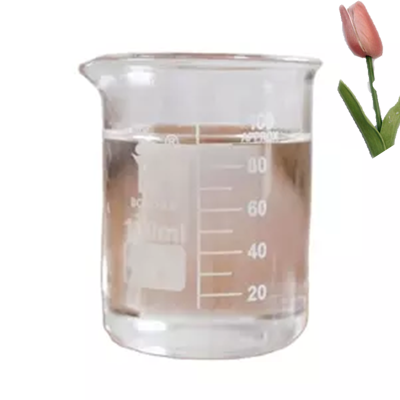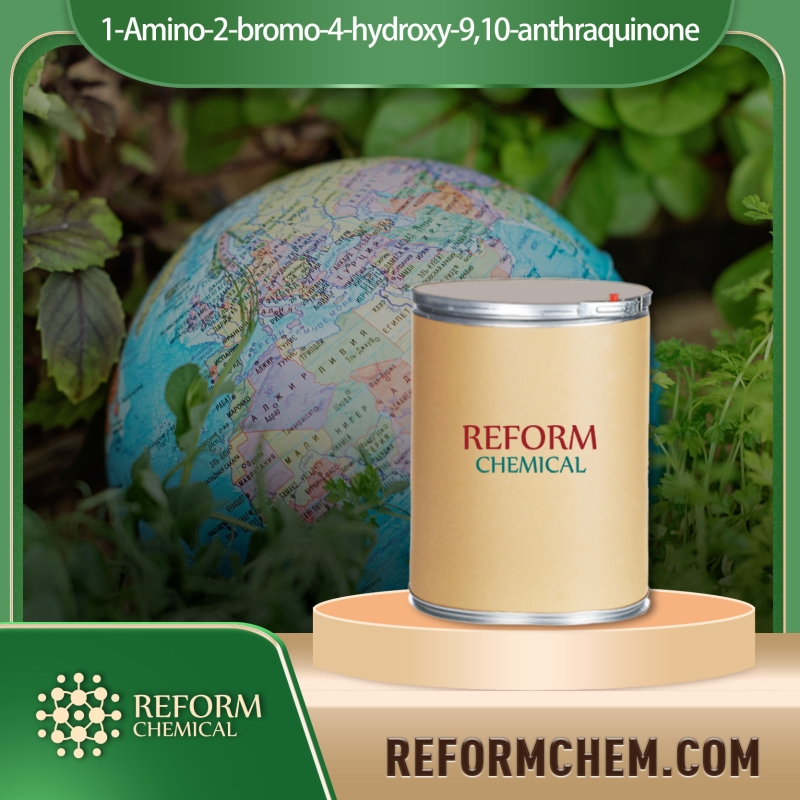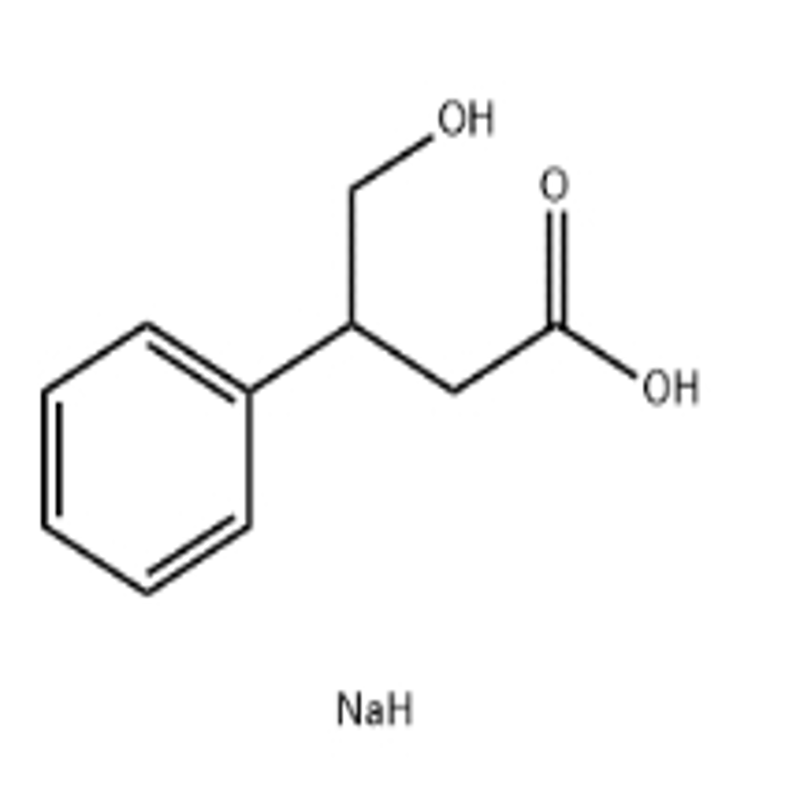-
Categories
-
Pharmaceutical Intermediates
-
Active Pharmaceutical Ingredients
-
Food Additives
- Industrial Coatings
- Agrochemicals
- Dyes and Pigments
- Surfactant
- Flavors and Fragrances
- Chemical Reagents
- Catalyst and Auxiliary
- Natural Products
- Inorganic Chemistry
-
Organic Chemistry
-
Biochemical Engineering
- Analytical Chemistry
-
Cosmetic Ingredient
- Water Treatment Chemical
-
Pharmaceutical Intermediates
Promotion
ECHEMI Mall
Wholesale
Weekly Price
Exhibition
News
-
Trade Service
Ethylenethiourea (ETU) is an organic compound with the chemical formula C2H4N2S2.
It is a colorless gas with a putrid smell, and it is highly reactive with other chemicals.
ETU has a wide range of applications in the chemical industry, and it is commonly used as a reducing agent, a reagent for chemical reactions, and as a intermediate for the production of various chemicals.
One of the most common applications of ETU is as a reducing agent in the production of ethylene oxide.
This process involves the reaction of ETU with sodium hydroxide to produce ethylene oxide and thiourea.
The ethylene oxide produced is used in the production of a wide range of products, including detergents, surfactants, and thickeners.
ETU is also used as a reagent in the production of morpholine, a chemical used in the production of various pharmaceuticals and agrochemicals.
The reaction involves the reaction of ETU with ammonia to produce morpholine and thiourea.
Another common application of ETU is in the production of thiourea, a chemical used in the production of various fertilizers and animal feed.
The production process involves the reaction of ETU with ammonia to produce thiourea and hydrogen sulfide.
The thiourea produced is then used in the production of various fertilizers and animal feed.
ETU is also used in the production of hexamethylenetetramine, a chemical used in the production of various resins, coatings, and adhesives.
The production process involves the reaction of ETU with ammonia to produce hexamethylenetetramine and thiourea.
In addition to its applications in the production of various chemicals, ETU is also used as a catalyst in the production of polyethylene terephthalate (PET), a plastic used in the production of various bottles, containers, and textiles.
The catalyst properties of ETU help to speed up the reaction process and improve the quality of the final product.
ETU is also used in the production of various other chemicals, including thiourea derivatives, ureas, and amino acids.
The versatility of ETU makes it a valuable chemical in the chemical industry, and its wide range of applications continue to grow.
Despite its many applications, ETU is also known to have some negative effects on human health.
Prolonged exposure to the gas can cause respiratory problems, skin irritation, and other health issues.
It is important for workers in the chemical industry to take appropriate safety precautions when handling ETU and other chemicals.
In conclusion, ethylenethiourea is an important chemical in the chemical industry with a wide range of applications.
From its use as a reducing agent in the production of ethylene oxide, to its use as a reagent in the production of various chemicals, ETU plays a crucial role in the production of many everyday products.
However, it is important to note that ETU can also have negative effects on human health, and it is crucial for workers in the chemical industry to take appropriate safety precautions when handling the chemical.







